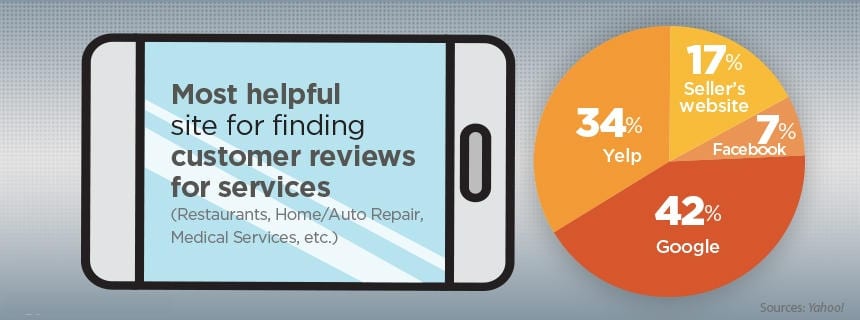After nearly a year of helping banks and credit unions better manage their brand reputation online, I am still surprised by some of the questions and comments made regarding this increasingly important part of brand management.
Planning. Not Controlling.
Digital Reputation Management (DRM) is not about controlling everything said about your brand online. In branch management you control what happens inside your branch as much as you can, but a good deal of your time is spent in risk management. You can’t prevent traffic jams from making your employees late or your customers testy. However, you can put in place safeguards to minimize the risk and to protect customers and employees in the event either event occurs. The same is true of your digital reputation. Great customer service and, more importantly, impeccable problem resolution will prevent many angry one-star reviews from popping up online, but you can not eliminate them completely. DRM is a process by which you plan for and manage your response to such events.
Balanced. Not Unrealistic.
Digital Reputation Management is not about hiding bad reviews with a bunch of fake or superficial good reviews. If you look at brands that manage their digital reputation well, you will find that they do in fact have bad reviews – you can’t keep those from happening. However, these brands have a solid body of authentic, positive reviews to allow consumers to make an informed opinion of the brand on their own. DRM is a process by which your customers help create a balanced picture of your brand in the digital channel. Think about it, do the reviews and the overall picture of your organization on Google and Facebook reflect what your customers tell you in your surveys? If not, a DRM process can help, over time, the online platforms present a more balanced view of your brand.
Search-Friendly Presence. Not Trolling.
Digital Reputation Management is not about trolling the trolls. Chasing after negative reviews and media mentions, in our view, should be reserved only for the most egregious instances. Responding thoughtfully and helpfully to complaints lodged on a major review platform is a good practice if the complaint seems genuine. Otherwise, cultivating a positive, active, search-friendly presence in digital is one of the best antidotes for the occasional troll attack. Consumers are savvy and can see through information that don’t seem to match up to the rest of what they are seeing about a brand.
Digital Reputation Management is About Authenticity.
Ultimately, DRM is not about control, but authenticity. Contact us if you would like to learn more about how you can present a more authentic version of your brand in the digital channel.


